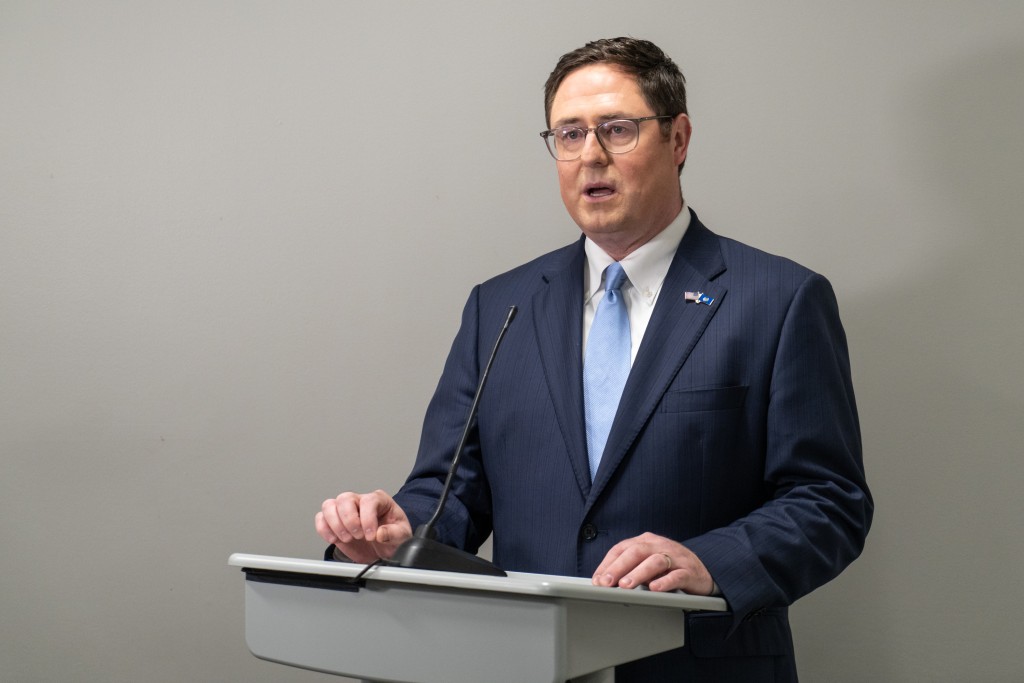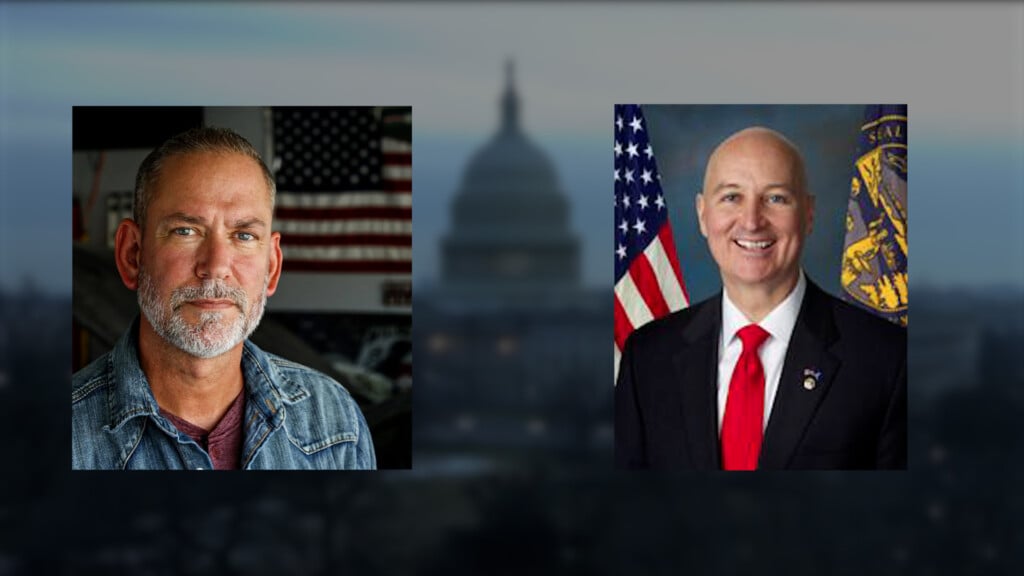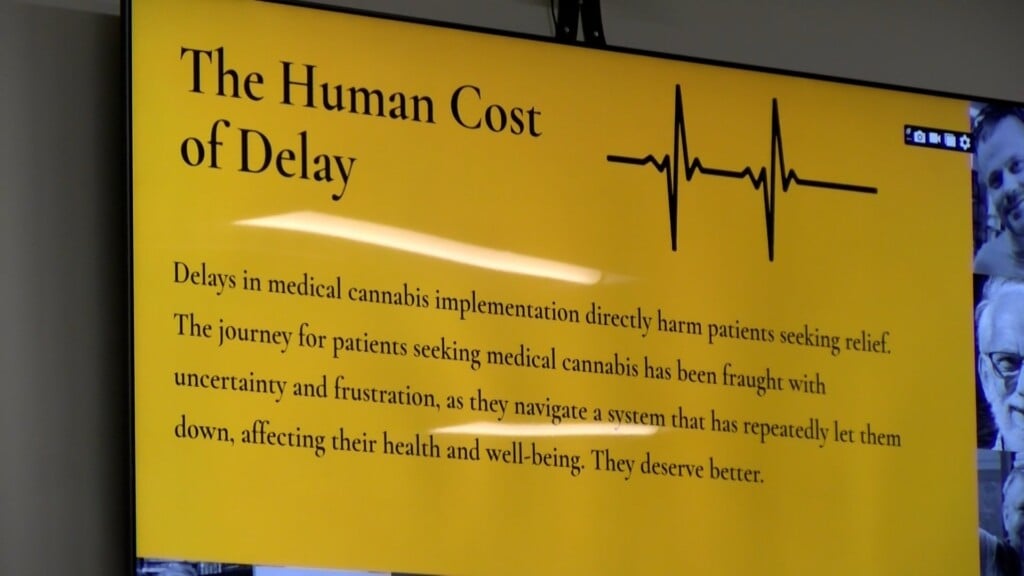Where’s the beef? UN document blasted by Flood does not recommend reducing meat consumption

LINCOLN, Neb. (KLKN) – Nebraska Rep. Mike Flood introduced his resolution against the United Nations on Monday.
This was in response to a U.N. Food and Agriculture Organization document published Sunday, which the congressman feared would recommend that the U.S. and the West reduce the amount of beef in diets.
“The UN’s plans for your diet would be nothing short of a disaster for your health and food security worldwide,” Flood said in a press release. “Meat is one of the most efficient ways to deliver protein, and here in the Beef State, cattle are a critical part of the Golden Triangle that’s supplying clean ethanol fuel around the world.”
But an “In Brief” version of the report did not directly recommend reducing meat consumption.
On the contrary, the report echoes Flood’s statement on the importance of meat in a healthy diet.
“Livestock serves as a crucial source of high-quality protein and essential micronutrients, and is vital for normal development and good health, especially within vulnerable or remote communities,” the document says.
A spokeswoman for Flood pointed to a link in the 42-page document that takes readers to a separate U.N. report from 2019.
That report suggests that people in higher-income nations should eat less meat and people in poor countries should eat more.
The new document does recommend “rebalancing” livestock production by raising fewer “large ruminant” animals and more “small ruminant animals” and monogastric animals.
Large ruminant animals would include cattle, small ruminants include sheep and goats, and the report pointed to chickens as an example of monogastric animals.
Flood’s office said in a press release that the U.N. is “threatening existing ranching and feeding producers.”
The full text of both Flood’s resolution and the U.N. document can be seen below.



